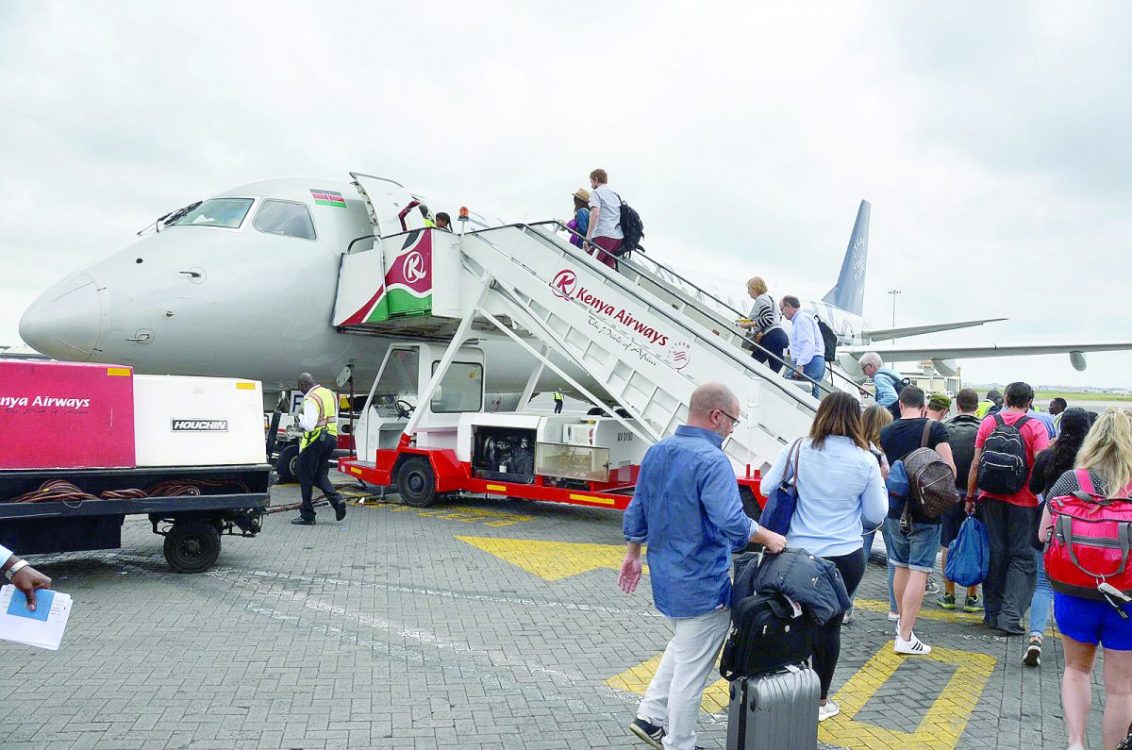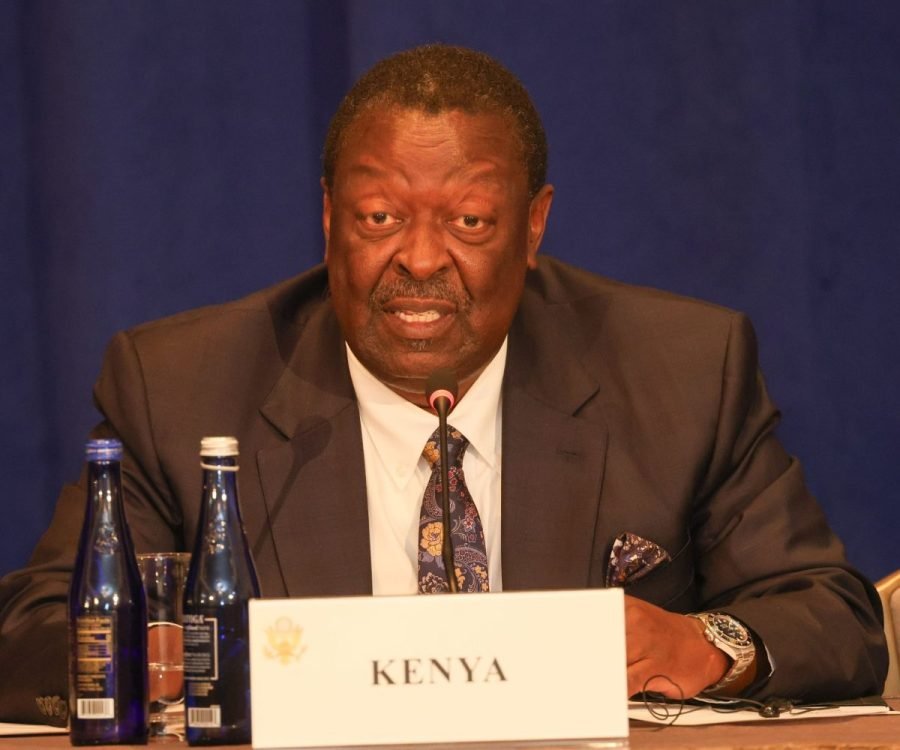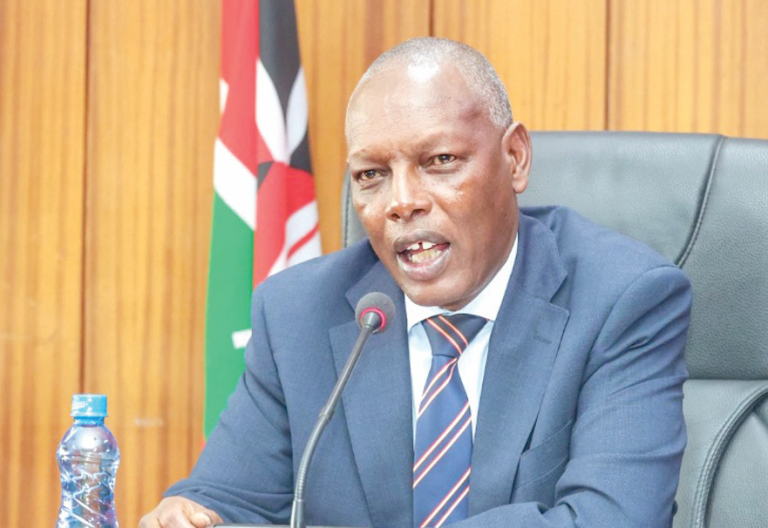KQ faces Sh1b budgetary cut in austerity measures

The government is planning to further cut budgetary support to Kenya Airways by another Sh1 billion to Sh19 billion in the current financial year ending June through the revision of the recently released supplementary estimates 1.
In the first 2022/23 Supplementary Budget, the National Treasury revised downwards the capital injected into the national carrier by Sh10 billion to Sh20 billion from the initial Sh30 billion as it sought to gradually eliminate state bailouts to the company.
The fresh Sh1 billion cut to the airline has been proposed by the departmental committee on finance and national planning to the budget and appropriations committee and is aimed at easing pressure on taxpayers ‘money.
“Despite these strategic interventions, Kenya Airways is still struggling to support its business operations with no tangible effort by the airline to supplement the Treasury’s efforts,” said Molo MP Kuria Kimani who is heading the departmental committee on finance and national planning. The MP argued that the consistent bailouts to Kenya Airways are done at the expense of other priority areas like the National Government Constituencies Development Fund (NGCDF) that have a direct impact on the citizens.
Kimani resisted pressures from Ndidi Nyoro-led budget committee to have the State support even reduced by more than the proposed Sh1 billion, arguing that the airline is also servicing some of its internal debt other than what the government guaranteed.
Kenya Airways, commonly known as KQ by its international code, has been in a financial abyss for a decade, clinging to multi-billion State bailouts to maintain operations. For instance, in the last financial year, KQ received a capital injection of Sh25 billion while in this current 2022/23 FY, the airline is in receipt of Sh13.6 billion out of the allocation of Sh20 billion.
Some of the bailouts usually go into servicing KQ debts. Treasury is targeting to stop the bailouts by December 2023 while introducing new reforms.
Bail out
The cost of bailing out KQ while also servicing its debt is a burden the exchequer cannot shoulder anymore. US Export-Import Bank recently issued a default notice to Kenya over the delayed repayment of an outstanding Sh57.8 billion loan that the government guaranteed KQ. The State last December announced taking over KQ’s loans amounting to $485 million (Sh59.7 billion) that it had guaranteed the carrier. As part of the restructuring, the National Treasury is now weighing options to institute radical measures, get a strategic investor, or even a new company altogether, depending on what it feels is suitable and ratified by parliament.
“A country can be crippled by its own airline,” Treasury Cabinet Secretary Njuguna Ndung’u recently told Public Debt and Privatisation committee. Pilots’ strikes, fuel costs, and the Covid-19 pandemic which brought a travel slump exacerbated the airline’s coffers as it faces stiff competition from neighboring peers.
The Sh1 billion budgetary cut to KQ is part of the Sh4.563 billion overall budget drawback on various programmes and projects that the finance committee is eying to cover its proposed increases in other perceived priority areas. The other area targeted by the finance committee is the Sh3.563 billion slash of the equalisation fund.
However, an Sh2.9 billion raise has been proposed to cater for the NGCDF and another Sh1 billion for the national treasury that will go into emergency interventions. Other increased budget requests include the commission for revenue allocation and the state department of economic planning.












